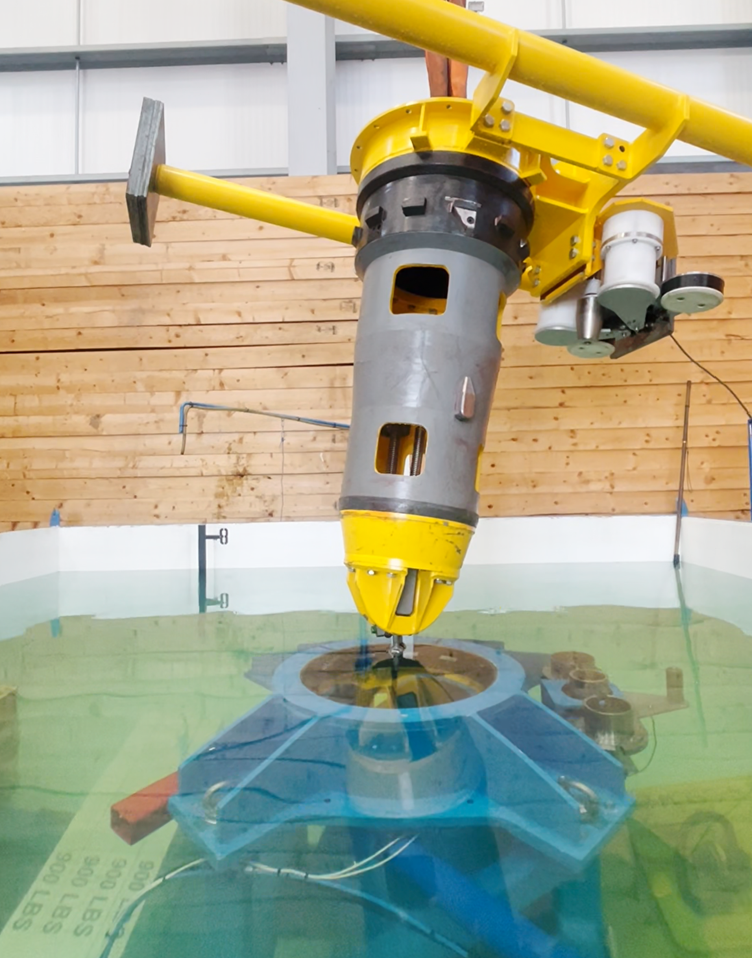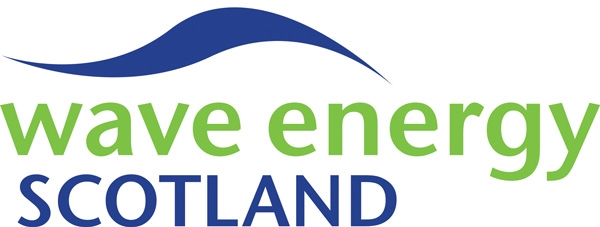Innovative offshore engineering consultants Quoceant Ltd. have received an IECRE Feasibility Statement from Lloyd’s Register, a recognised renewable energy certification body (RECB), for their modular, quick connection system, Q-Connect. This statement was issued following a robust assessment of the Q-Connect system through the Technology Qualification process in accordance with IEC TS 62600-4 and IECRE OD 310-4.

Beth Dickens, Director from Quoceant said “We are delighted to have completed the next step on the journey to technology certification for our quick connection technology. Q-Connect has the potential to bring significant benefits to floating renewable technologies during installation, maintenance, repair, and fault protection operations. We are grateful to Lloyd’s Register for their guidance through this process and to Wave Energy Scotland for their support through this next step and the previous design development and qualification testing.”
The Q-Connect system is designed to integrate with a range of mooring and cabling technologies to support offshore floating wind systems, wave and tidal energy systems, floating substations and other harsh environment floating offshore applications. The technology provides a ‘hands free’, fast, remote connection and disconnection operation for both moorings and electrical systems either simultaneously or individually, without the intervention of personnel or taut lines on deck. This increases safety during harsh marine operations.
Q-Connect’s rapid connection and disconnection also offers benefits of reducing costs of hook-up operations by reducing time offshore and time waiting in harbour for suitable weather windows. Q-Connect further eases maintenance and replacement of cables and mooring lines and, where desired, facilitates a tow to harbour maintenance strategy.
Winston D’Souza, Global Technical Authority for Offshore Renewables at Lloyd’s Register congratulated Quoceant Ltd. on receiving the IECRE Feasibility Statement and said, “The achievement of this Feasibility Statement for the Q-Connect system is testament to the multifaceted competence of the engineering team at Quoceant that has demonstrated a solution to overcome mooring challenges faced by a diversity of offshore floating renewable technologies. Lloyd’s Register as a trusted assessor and only RECB within the IECRE conformity assessment system with a scope to evaluate wind and marine energy technologies, is excited to continue providing an independent assessment of this technology as it journeys towards component certification.”
Development of the Q-Connect has been undertaken with funding support from Wave Energy Scotland. This has included completion of a multiyear three stage support programme through their Quick Connection Systems development programme, and support to progress certification.
Tim Hurst, Managing Director of Wave Energy Scotland said; “This step towards technology certification is a significant achievement for Quoceant and their engineering team. Their methodical, considered and thorough approach to development leaves them in a strong position to continue through the qualification process, supported by Lloyds Register.”

